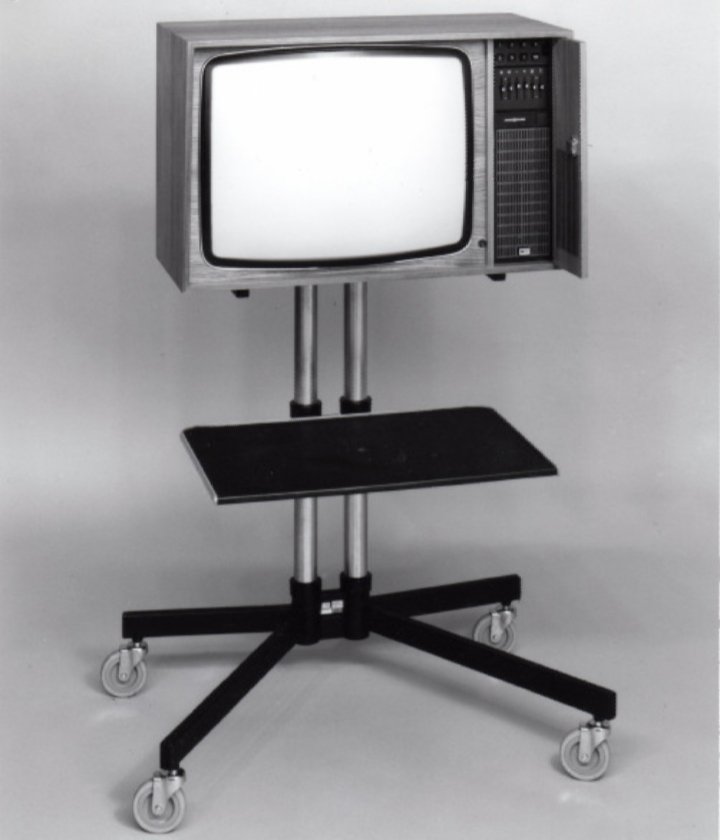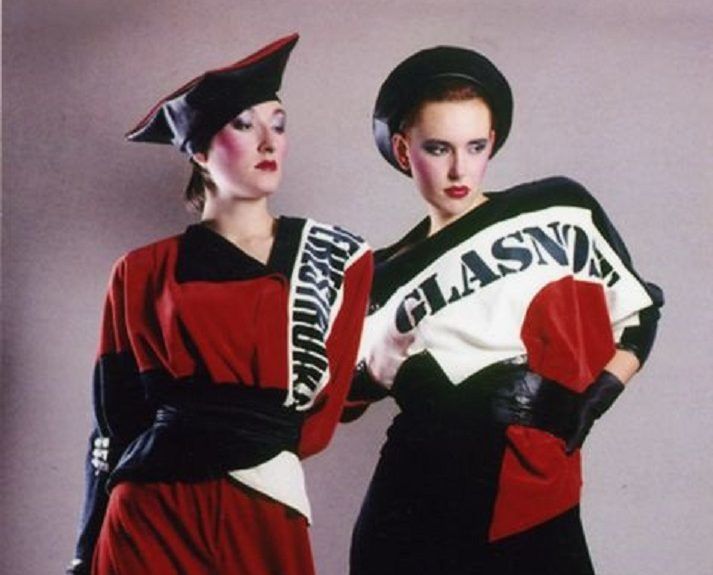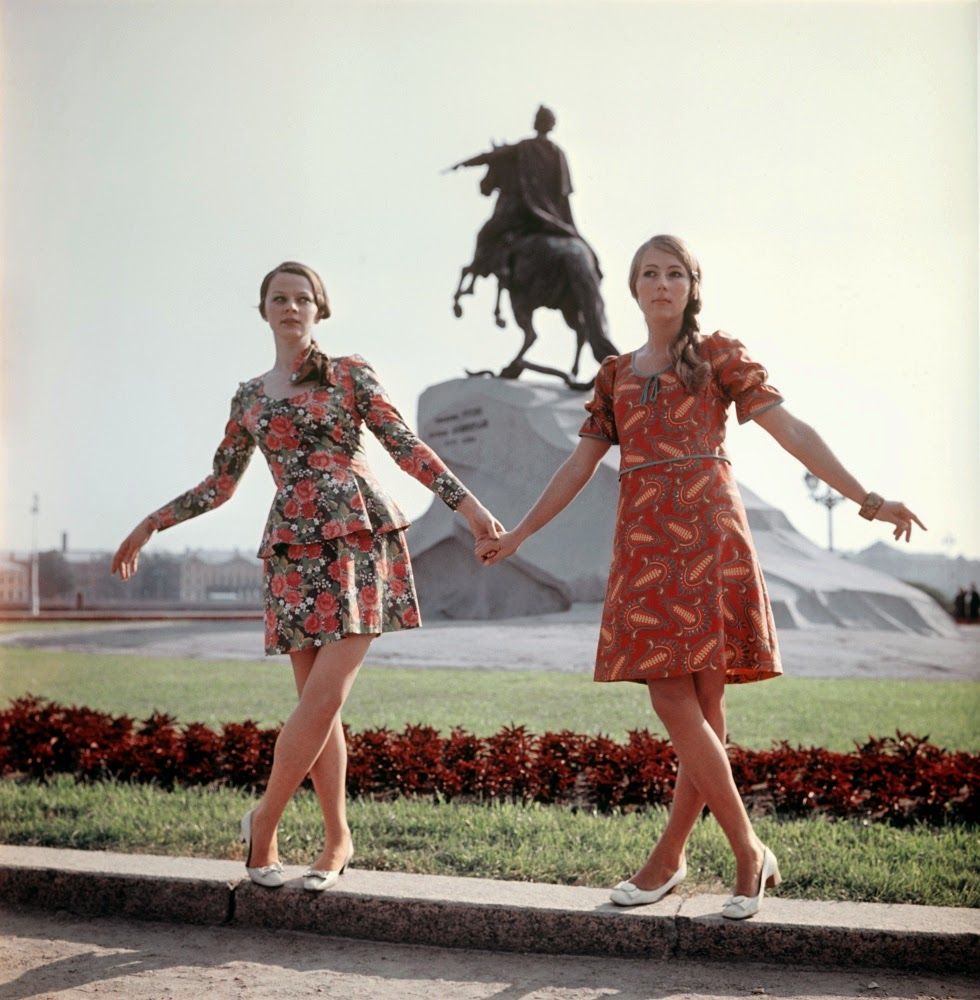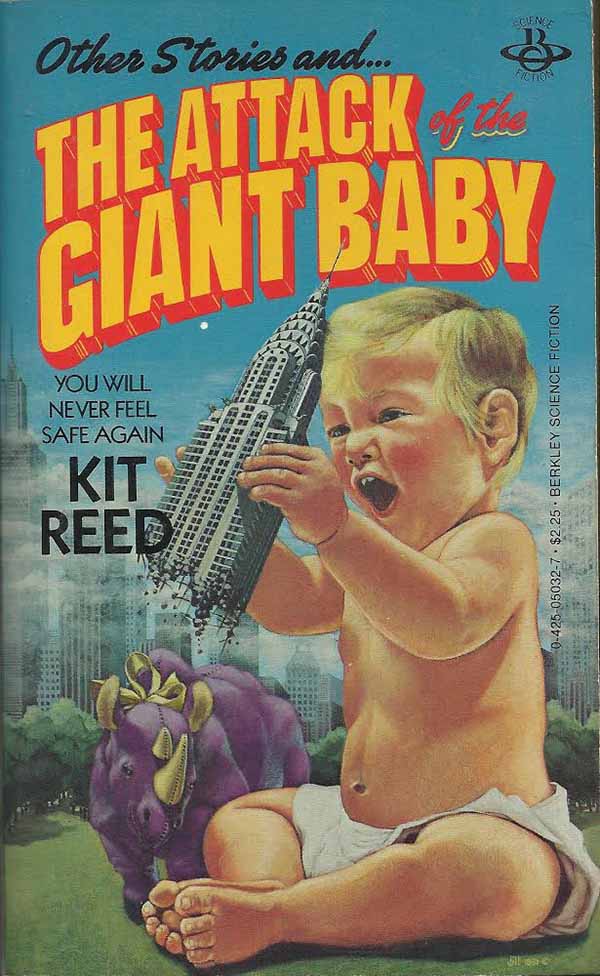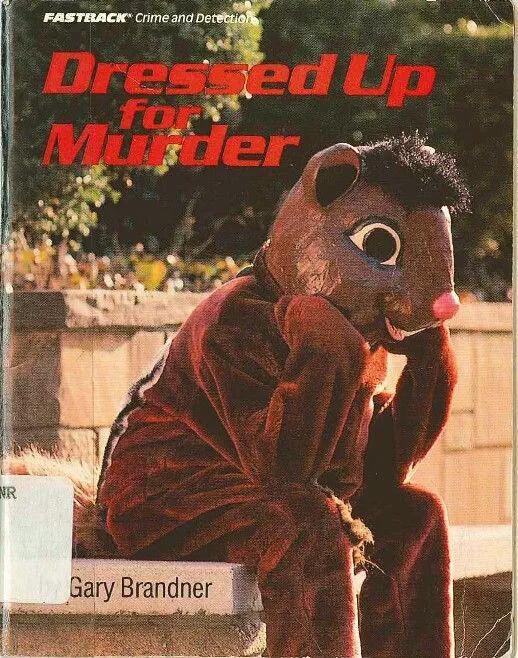
On 23 September 1984 the BBC broadcast the apocalypse: the story of nuclear war and its effects on the people of Sheffield. Filmed on a shoestring budget it still causes nightmares to this day.
This thread is not for the squeamish.
This the story of Threads...
This thread is not for the squeamish.
This the story of Threads...
In 1965 the BBC had filmed The War Game, a fictional docu-drama about a nuclear attack on Britain. However under pressure from the government the BBC withdrew it from screening. It was finally released in 1966 as a film in selected theatres. 
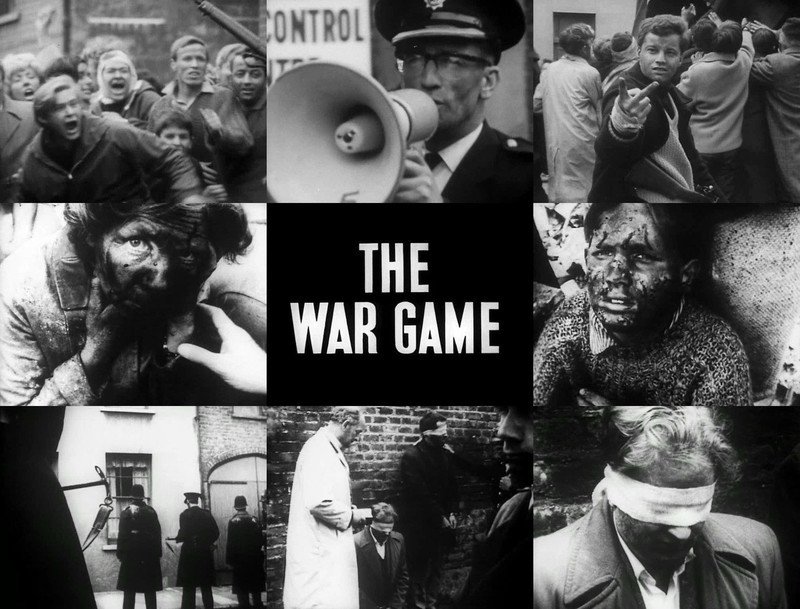
For many years the withdrawal of The War Game had rankled many at the BBC. Surely it was a public broadcaster's duty to show the public what the reality of nuclear war would mean. Finally in 1982 they did so. 

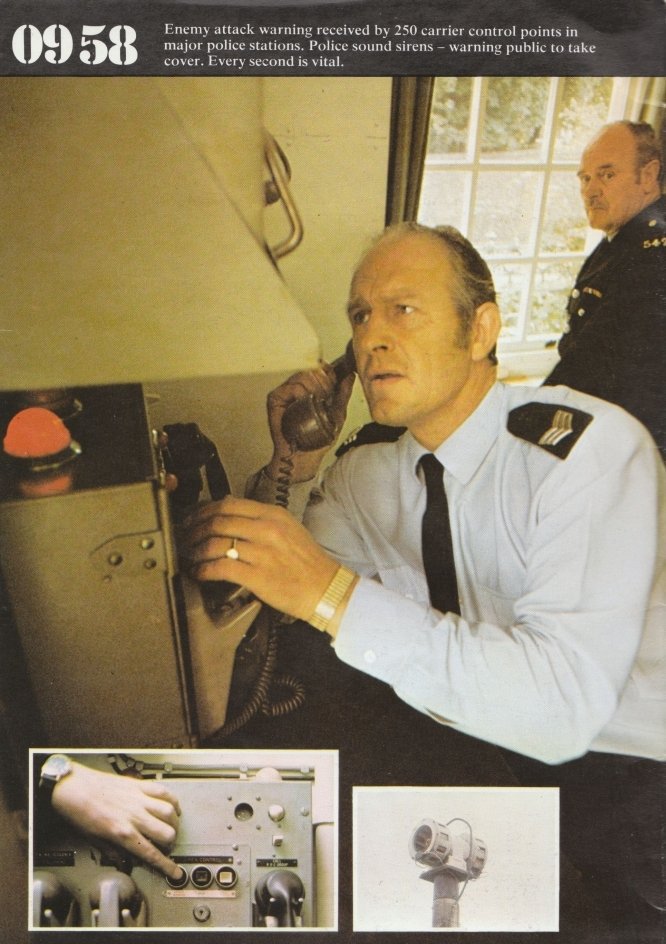

A Guide To Armageddon was a documentary for the BBC's peak-time science series Q.E.D. Produced by Mick Jackson it graphically depicted the effect of a one megaton explosion on London. It also explored how well people could survive such a blast if they were in a fallout shelter.
Jackson had carefully researched his subject and knew how under-prepared the UK was for nuclear war. The physical and psychological effects of atomic attack would catapult what was left of Britain back to a 14th century mode of living, a time when bubonic plague killed millions. 

The BBC then agreed to Jackson's idea of a drama based around his research. Like The War Game it would show a nuclear strike from the point of view of civilians caught up in its terrifying aftermath.
However it wouldn't focus on London...
However it wouldn't focus on London...

Sheffield had declared itself a nuclear free zone in 1981 and its City Council was staunchly pro-CND and anti-nuclear. They were hugely supportive of Jackson's idea and helped to provide both locations and extras for the filming.
Barry Hines - author of A Kestrel For A Knave - was drafted in to create the script. Jackson wanted a socially realistic plot from someone who knew the area. Hines apparently wanted a grittier look to the film. 

Threads was filmed in 17 days in early 1984 on a budget of only £250,000. The story follows two families - the working class Kemps and the middle class Becketts - as they watch the world slide towards nuclear war.
Ruth Beckett (played by Karen Meagher) and Jimmy Kemp (played by Reece Dinsdale) are expecting their first baby, but as riots erupt at the start of war they end up separated. 

Then at 08:37 the UK is hit by 80 megatons of nuclear weapons, leading to nine million blast casualties. By the end of the day 210 megatons have exploded across Britain.
Sheffield is annihilated...
Sheffield is annihilated...
Jimmy perishes in the blast, his mother dies from radiation burns. Ruth leaves the family shelter to find help at the nearby hospital. As she stumbles through the streets the montage of dead and dying victims of the blast is both haunting and terrifying.
Returning home again Ruth finds her parents have been murdered by looters, who are themselves shot by the Army. Britian is under martial law and the survivors must work for food or die.
Two months later, as Sheffield lies in ruins, a heavily pregnant Ruth flees the city. At a soup kitchen she meets Jimmy's friend Bob and together they try and survive on scavenged food. Ruth eventually gives birth in a barn, biting through the umbilical cord herself. 

Years pass, the population of Britain dwindles, the nuclear winters cause starvation. After ten years Ruth, disfigured and plagued with cataracts, dies working in the fields where she has been forced to gather in the meagre harvest. 

Three years later her daughter Jane also gives birth. We never see the child: all we see is Jane's screaming face.
Then the credits roll.
Then the credits roll.
It's amazing that such a harrowing film was made on such a small budget. Extras made their own costumes from rags; blast injuries were mocked using ketchup and corn flakes; Ruth's umbilical cord was actually a length of liquorice. 
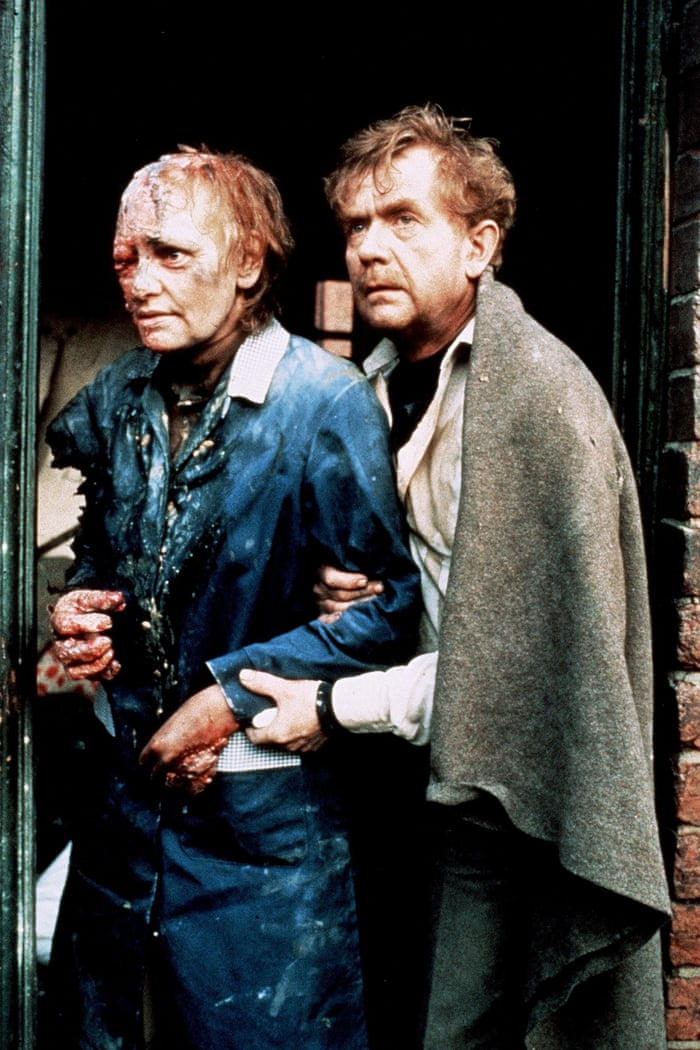
Threads remains one of the most harrowing TV programmes ever made. Its unflinching view of nuclear war stays with everyone who watches it. It's now available at the Internet Archive: archive.org/details/thread… Let's hope it remains a work of fiction.
More stories another time...
More stories another time...

• • •
Missing some Tweet in this thread? You can try to
force a refresh


